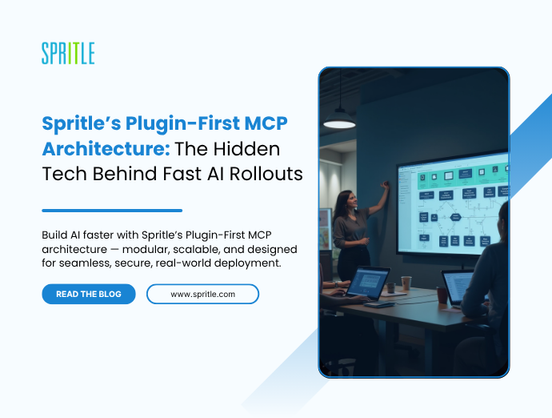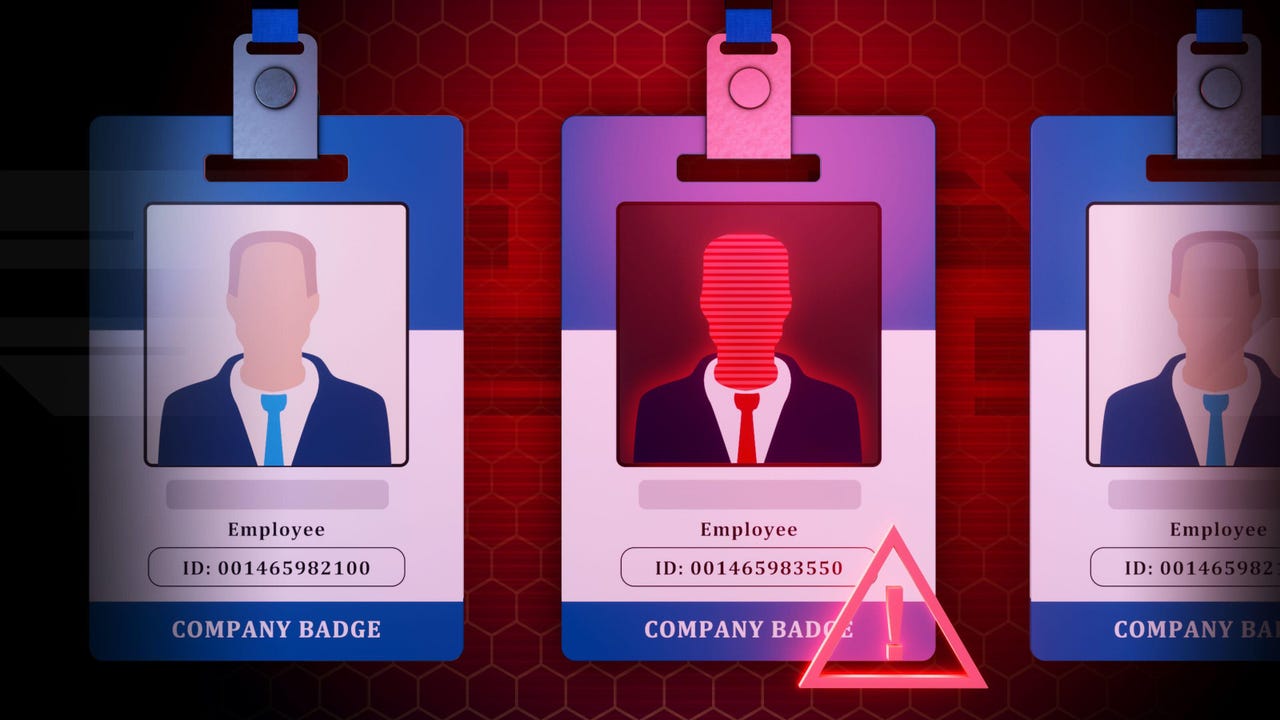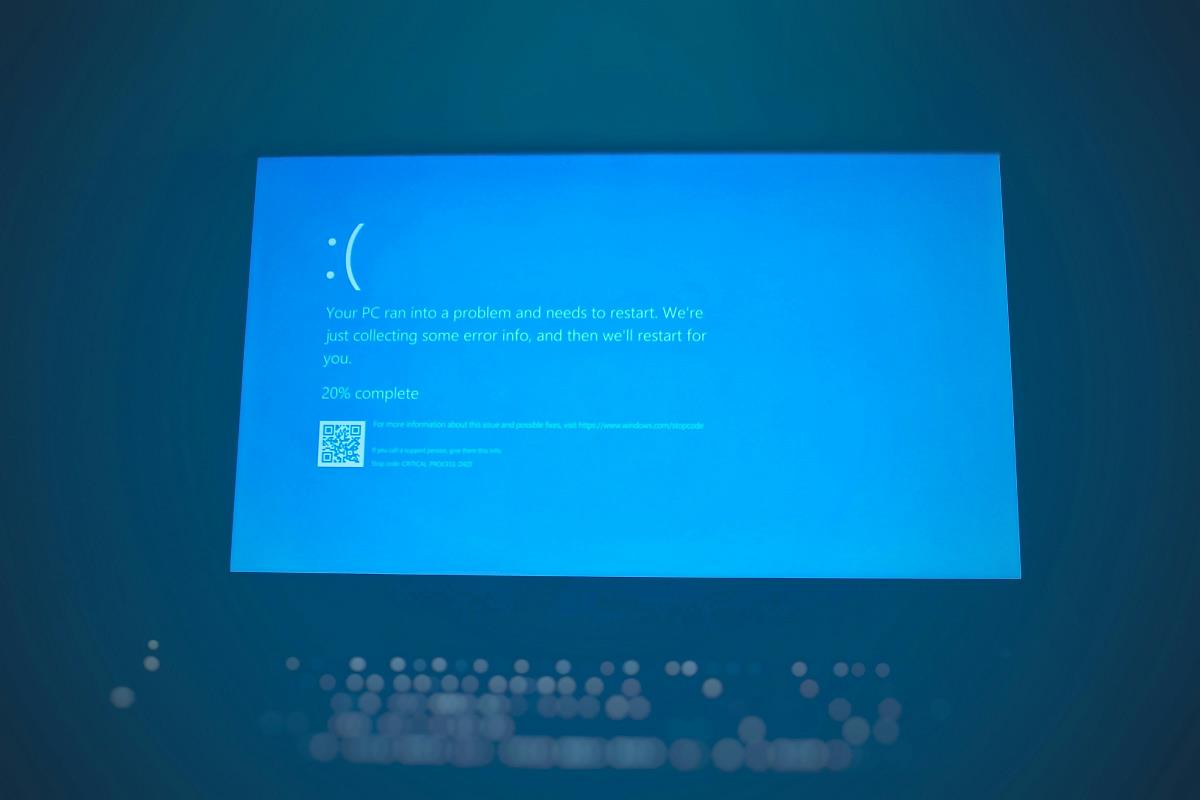Getting Started with Rust: A Modern Systems Programming Language
Getting Started with Rust: A Modern Systems Programming Language Rust has rapidly emerged as one of the most loved programming languages, praised for its performance, safety, and concurrency features. Whether you're a systems programmer looking for a more modern alternative to C++ or a web developer exploring low-level optimizations, Rust offers a compelling toolkit. In this guide, we'll walk you through the basics of Rust, its key features, and how to write your first Rust program. Why Learn Rust? Rust was designed to solve common pitfalls in systems programming, such as memory leaks, null pointer dereferencing, and data races. Here’s why it stands out: Memory Safety Without Garbage Collection: Rust uses a unique ownership model to ensure memory safety at compile time, eliminating the need for a garbage collector. Zero-Cost Abstractions: High-level constructs compile down to efficient machine code. Fearless Concurrency: Rust’s borrow checker prevents data races, making concurrent programming safer. Cross-Platform Support: Rust compiles to native code on Windows, Linux, and macOS, as well as WebAssembly (WASM) for the web. For more details, check out the official Rust website. Installing Rust Getting started with Rust is simple. The recommended way is via rustup, Rust’s toolchain installer. On Linux/macOS: bash Copy Download curl --proto '=https' --tlsv1.2 -sSf https://sh.rustup.rs | sh On Windows: Download and run the rustup-init.exe installer. After installation, verify it works: bash Copy Download rustc --version Your First Rust Program Let’s write the classic "Hello, World!" program. Create a new file main.rs: rust Copy Download fn main() { println!("Hello, World!"); } Compile and run: bash Copy Download rustc main.rs ./main You should see Hello, World! printed. Key Rust Concepts 1. Variables and Mutability Variables in Rust are immutable by default. Use mut to make them mutable. rust Copy Download let x = 5; // Immutable let mut y = 10; // Mutable y = 15; // Allowed // x = 20; // Error: x is immutable 2. Ownership Rust’s ownership model ensures memory safety. Each value has a single owner, and the value is dropped when the owner goes out of scope. rust Copy Download let s1 = String::from("hello"); let s2 = s1; // s1 is moved to s2 // println!("{}", s1); // Error: s1 is no longer valid 3. Borrowing Instead of transferring ownership, you can borrow references. rust Copy Download let s = String::from("hello"); let len = calculate_length(&s); fn calculate_length(s: &String) -> usize { s.len() } 4. Structs and Enums Rust supports custom data types via struct and enum. rust Copy Download struct User { username: String, email: String, } enum IpAddr { V4(String), V6(String), } 5. Error Handling Rust uses Result and Option for explicit error handling. rust Copy Download fn divide(a: i32, b: i32) -> Result { if b == 0 { Err(String::from("Division by zero")) } else { Ok(a / b) } } Building a Simple Project Let’s create a CLI tool that reverses a string. Initialize a new project: bash Copy Download cargo new reverse_string cd reverse_string Modify src/main.rs: rust Copy Download use std::io; fn main() { println!("Enter a string:"); let mut input = String::new(); io::stdin().read_line(&mut input).expect("Failed to read input"); let reversed: String = input.trim().chars().rev().collect(); println!("Reversed: {}", reversed); } Run it: bash Copy Download cargo run Next Steps Read the Rust Book: The official Rust book is a fantastic resource. Explore Crates: Use crates.io to find libraries for your projects. Join the Community: The Rust forum and r/rust are great places to ask questions. Growing Your Developer Brand If you're documenting your Rust journey on YouTube and want to grow your channel, consider using MediaGeneous for expert strategies in content growth and audience engagement. Conclusion Rust is a powerful language that combines performance with safety, making it ideal for systems programming, game development, and even web applications via WASM. By mastering its core concepts—ownership, borrowing, and fearless concurrency—you’ll unlock the ability to write fast, reliable software. Ready to dive deeper? Start building your own Rust projects today!

Getting Started with Rust: A Modern Systems Programming Language
Rust has rapidly emerged as one of the most loved programming languages, praised for its performance, safety, and concurrency features. Whether you're a systems programmer looking for a more modern alternative to C++ or a web developer exploring low-level optimizations, Rust offers a compelling toolkit. In this guide, we'll walk you through the basics of Rust, its key features, and how to write your first Rust program.
Why Learn Rust?
Rust was designed to solve common pitfalls in systems programming, such as memory leaks, null pointer dereferencing, and data races. Here’s why it stands out:
-
Memory Safety Without Garbage Collection: Rust uses a unique ownership model to ensure memory safety at compile time, eliminating the need for a garbage collector.
-
Zero-Cost Abstractions: High-level constructs compile down to efficient machine code.
-
Fearless Concurrency: Rust’s borrow checker prevents data races, making concurrent programming safer.
-
Cross-Platform Support: Rust compiles to native code on Windows, Linux, and macOS, as well as WebAssembly (WASM) for the web.
For more details, check out the official Rust website.
Installing Rust
Getting started with Rust is simple. The recommended way is via rustup, Rust’s toolchain installer.
On Linux/macOS:
bash
Copy
Download
curl --proto '=https' --tlsv1.2 -sSf https://sh.rustup.rs | sh
On Windows:
Download and run the rustup-init.exe installer.
After installation, verify it works:
bash
Copy
Download
rustc --version
Your First Rust Program
Let’s write the classic "Hello, World!" program.
-
Create a new file
main.rs:
rust
Copy
Download
fn main() { println!("Hello, World!"); }
-
Compile and run:
bash
Copy
Download
rustc main.rs ./main
You should see Hello, World! printed.
Key Rust Concepts
1. Variables and Mutability
Variables in Rust are immutable by default. Use mut to make them mutable.
rust
Copy
Download
let x = 5; // Immutable let mut y = 10; // Mutable y = 15; // Allowed // x = 20; // Error: x is immutable
2. Ownership
Rust’s ownership model ensures memory safety. Each value has a single owner, and the value is dropped when the owner goes out of scope.
rust
Copy
Download
let s1 = String::from("hello"); let s2 = s1; // s1 is moved to s2 // println!("{}", s1); // Error: s1 is no longer valid
3. Borrowing
Instead of transferring ownership, you can borrow references.
rust
Copy
Download
let s = String::from("hello"); let len = calculate_length(&s); fn calculate_length(s: &String) -> usize { s.len() }
4. Structs and Enums
Rust supports custom data types via struct and enum.
rust
Copy
Download
struct User { username: String, email: String, } enum IpAddr { V4(String), V6(String), }
5. Error Handling
Rust uses Result and Option for explicit error handling.
rust
Copy
Download
fn divide(a: i32, b: i32) -> Result<i32, String> { if b == 0 { Err(String::from("Division by zero")) } else { Ok(a / b) } }
Building a Simple Project
Let’s create a CLI tool that reverses a string.
-
Initialize a new project:
bash
Copy
Download
cargo new reverse_string cd reverse_string
-
Modify
src/main.rs:
rust
Copy
Download
use std::io; fn main() { println!("Enter a string:"); let mut input = String::new(); io::stdin().read_line(&mut input).expect("Failed to read input"); let reversed: String = input.trim().chars().rev().collect(); println!("Reversed: {}", reversed); }
-
Run it:
bash
Copy
Download
cargo run
Next Steps
-
Read the Rust Book: The official Rust book is a fantastic resource.
-
Explore Crates: Use crates.io to find libraries for your projects.
-
Join the Community: The Rust forum and r/rust are great places to ask questions.
Growing Your Developer Brand
If you're documenting your Rust journey on YouTube and want to grow your channel, consider using MediaGeneous for expert strategies in content growth and audience engagement.
Conclusion
Rust is a powerful language that combines performance with safety, making it ideal for systems programming, game development, and even web applications via WASM. By mastering its core concepts—ownership, borrowing, and fearless concurrency—you’ll unlock the ability to write fast, reliable software.
Ready to dive deeper? Start building your own Rust projects today!














































































































































































![[The AI Show Episode 156]: AI Answers - Data Privacy, AI Roadmaps, Regulated Industries, Selling AI to the C-Suite & Change Management](https://www.marketingaiinstitute.com/hubfs/ep%20156%20cover.png)
![[The AI Show Episode 155]: The New Jobs AI Will Create, Amazon CEO: AI Will Cut Jobs, Your Brain on ChatGPT, Possible OpenAI-Microsoft Breakup & Veo 3 IP Issues](https://www.marketingaiinstitute.com/hubfs/ep%20155%20cover.png)

























































































































![Rust VS Go VS TypeScript – which back end language is for you? With Tai Groot [Podcast #176]](https://cdn.hashnode.com/res/hashnode/image/upload/v1750974265013/73f79068-0087-4c39-8a8b-feea8cac873b.png?#)
















































































































.jpg?width=1920&height=1920&fit=bounds&quality=70&format=jpg&auto=webp#)



















































































































































































































